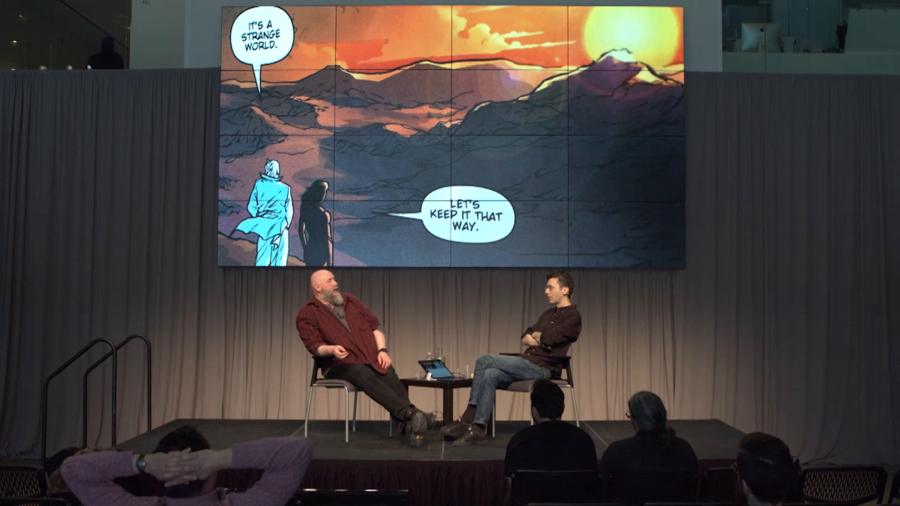I think of larp in a couple different ways. And one of the ways that I think of it is as storytelling for the network age. This is storytelling in the first-person present tense plural, and it is not very often that humanity comes up with a new tense in which to tell stories. That’s actually kind of a big deal.
Archive (Page 1 of 2)
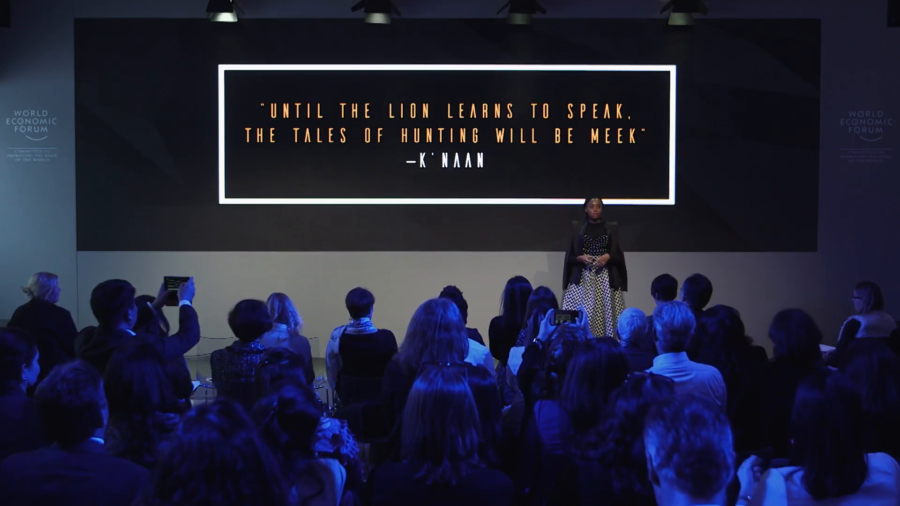
To have the hunter tell it, Africa is full of meek stories about desperation and despair. So when artists like myself offer an alternate vision, often we’re asked to defend our imagination. Why do we feel we have the luxury to create? Shouldn’t we be dealing with more important issues like corruption, or war, or AIDS, or poverty?
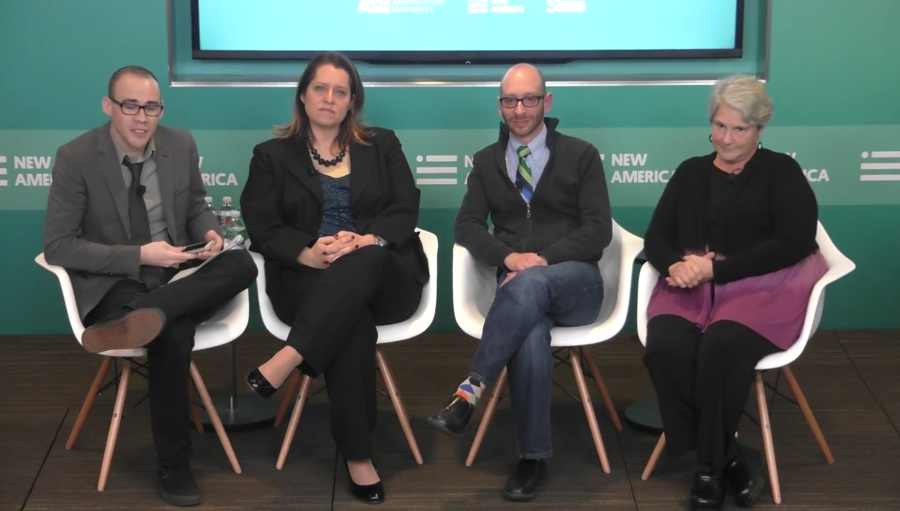
Victor’s sin wasn’t in being too ambitious, not necessarily in playing God. It was in failing to care for the being he created, failing to take responsibility and to provide the creature what it needed to thrive, to reach its potential, to be a positive development for society instead of a disaster.

When we design larps, we’re playing basically with the building block of culture. Not just of fictional cultures, real culture as well. But asking people to act as if is not enough to make a larp. As larp writers, we need you to act as if, together.
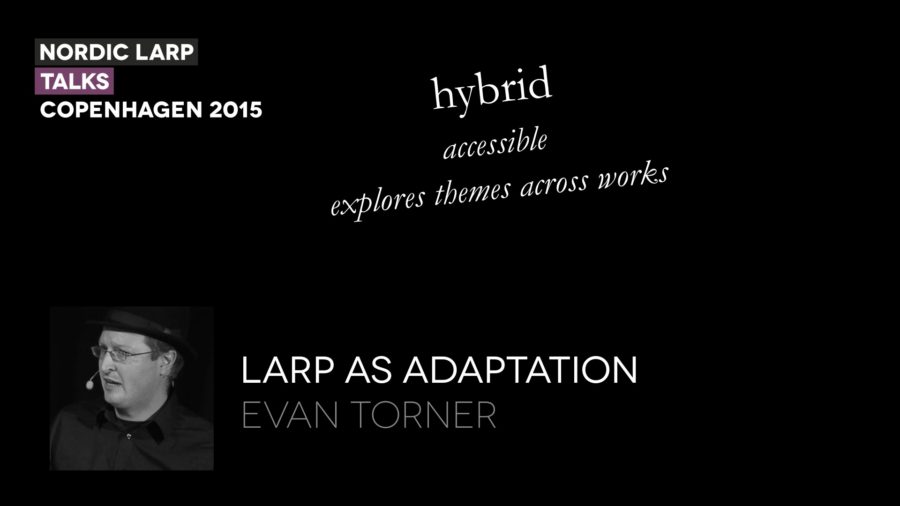
A larp takes a space and makes a place in which we create fiction with our bodies, and our voices. Although the larp medium certainly shares a lineage with the theater and the oral storytelling tradition, most of the fiction that we consume comes in other forms.
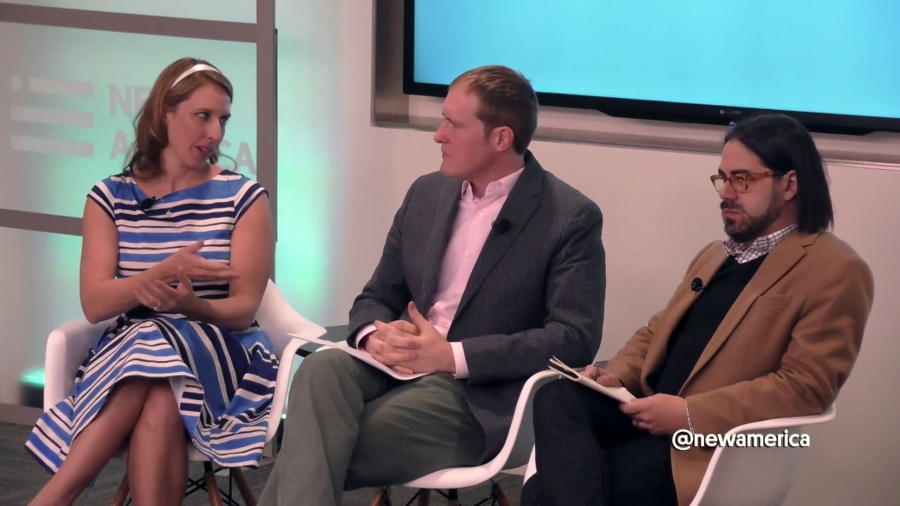
When I go talk about this, the thing that I tell people is that I’m not worried about algorithms taking over humanity, because they kind of suck at a lot of things, right. And we’re really not that good at a lot of things we do. But there are things that we’re good at. And so the example that I like to give is Amazon recommender systems. You all run into this on Netflix or Amazon, where they recommend stuff to you. And those algorithms are actually very similar to a lot of the sophisticated artificial intelligence we see now. It’s the same underneath.
The worst-case scenario for Detroit would be that the architecture of the Internet as it is now continues, and Detroiters’ stories, voices, lives, are absent. And the New York Times story about the creative class saving Detroit, or the documentary about the abandonment and wholesale destruction of Detroit that portrays it as a wasteland and a blank canvas ready for entrepreneurial exploitation, that those stories are defining the national, the global imagination of what Detroit is. And that those stories, they don’t use influence people’s desire to come here and do those things and live that life, though that’s part of it, but it also shapes the perception of people inside the city.
I like to think that we are an intelligent species. I mean, actually the people that often get this most quickly are the people who are poorest, because they know the system doesn’t work. But so many of our supposedly brightest people pick this up and don’t question it. And then we have the all the whole field of economics, which is an ideology built on assumptions that if you examine them are absurd. Because you know, economists simply look at the economy as a pricing system. They’re not system thinkers. Part of the cause our crisis is that we’re not educated to think in terms of systems.


